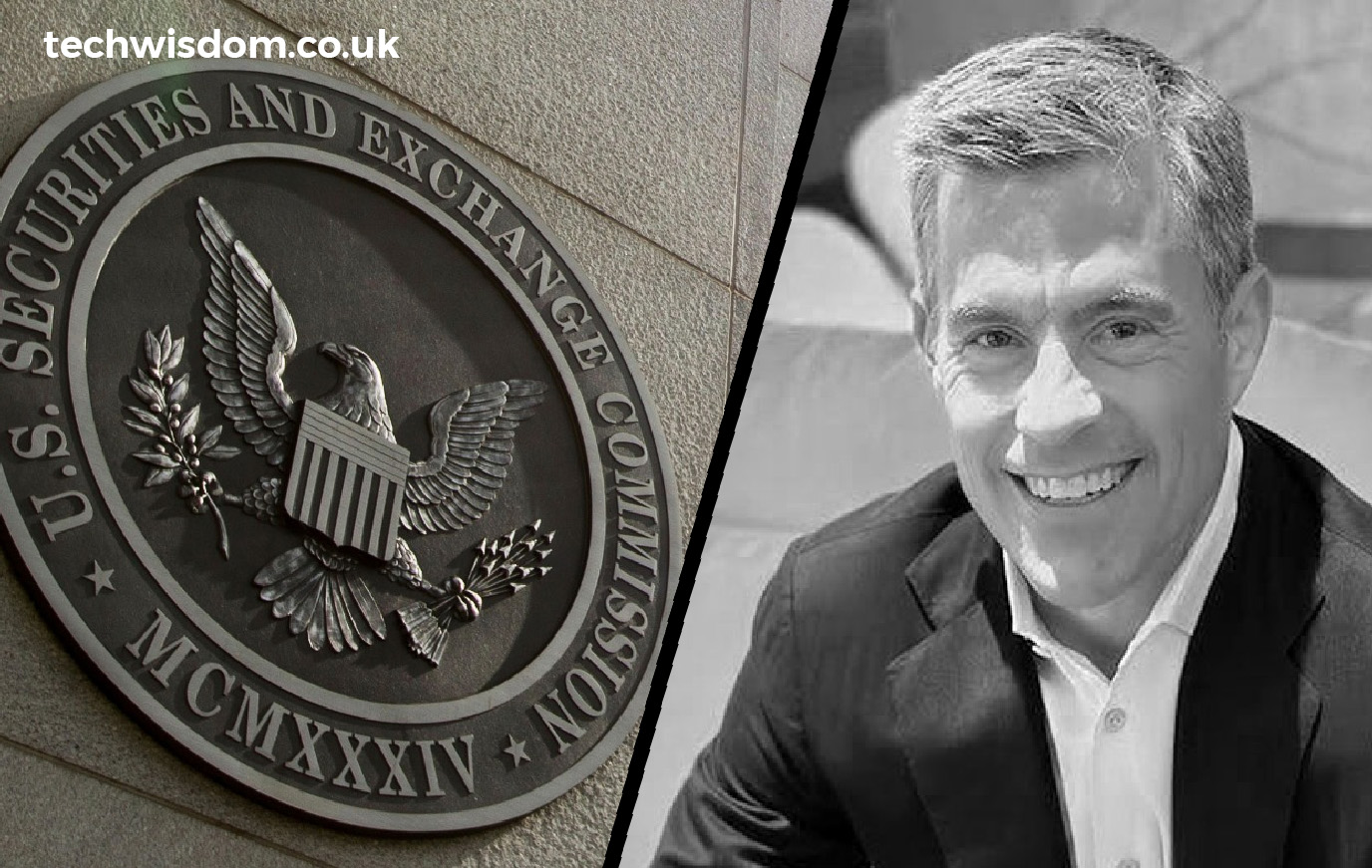The financial world was rocked when news broke of the Securities and Exchange Commission’s (SEC) settlement with Brook Taube. This situation underscores the critical importance of transparency in investor relations. The settlement serves as a sobering reminder that regulatory bodies like the SEC are intensifying scrutiny on fund management practices, emphasizing transparency and compliance in the investment arena. This extensive analysis of the Brook Taube SEC affair intends to shed light on the implications for investors and the investment management industry.
Background of the Case

The case centered around Brook Taube, a notable figure in the investment community known for his management role in Medley Capital Corporation. Medley Capital Corporation is a publicly traded investment firm founded by Taube and his brother that specializes in providing capital to middle-market businesses in the United States.
Allegations and Findings
Brook Taube and the SEC were involved in a lengthy investigation regarding allegations of misleading proxy statements in connection with the proposed merger of Medley Capital Corporation with Sierra Income Corporation and the sale of Medley Management Inc. shares—an intricate transaction involving multiple entities managed by Taube.
The SEC’s complaint alleged that Brook Taube and other involved parties failed to provide sufficient and accurate disclosures to shareholders regarding the financial interests of Taube and the management team in the transactions. It was deemed that these omissions in proxy statements deprived Medley’s shareholders of critical information needed to evaluate the merits of the proposed merger, essentially breaching SEC regulations that protect investor interests.
The Significance of Transparency
Transparency stands as a pillar of trust in the investor-manager relationship. It allows investors to make informed decisions by understanding the true nature of their investments and the surrounding factors that might affect their assets. The SEC maintains stringent guidelines to ensure this transparency, so when individuals or institutions fall short, there are significant consequences.
The SEC’s enforcement actions can range from fines to increased oversight, and the commission scrutinizes proxy statements to ensure they include all information material to shareholder voting decisions. In cases such as Brook Taube’s, where there are findings of non-disclosure or misrepresentation, it not only impacts those directly involved but also sets a precedent and a warning for others in the industry.
The Settlement

Brook Taube’s settlement with the SEC was substantial. Although Taube did not admit or deny the allegations, he agreed to settle them, resulting in a penalty exceeding $10 million—a combination of disgorgement, prejudgment interest, and civil penalties. Alongside financial compensation, the SEC imposes certain restrictions on future activities, which often include refraining from violating specific securities laws.
This outcome highlights the SEC’s commitment to maintaining the market’s integrity and protecting investors. Still, it also signals to other investment managers that non-compliance with disclosure requirements can result in serious repercussions.
Lessons Learned
The Brook Taube SEC settlement imparts several lessons for investment managers, advisors, and individual investors:
- Due Diligence is Essential: Investment advisors and managers must rigorously adhere to the truth in their disclosures, ensuring that all relevant information is transparent and readily available to shareholders.
- Regulatory Compliance is Paramount: This case is a stark reminder that companies must stay abreast of SEC requirements and adjust their business activities to align with regulatory expectations.
- Ethics and Responsibility: Not only is regulatory compliance critical, but the ethical responsibility towards stakeholders requires management to operate with integrity and openness, particularly when complex transactions could impact shareholder value.
- Investors’ Right to Information: Shareholders have the right to complete and accurate information about their investment options. The settlement reinforces the role of informed consent in enabling shareholders to decide the direction of their investments based on complete facts.
- Preventative Measures: Investment firms and boards should implement review protocols and consult legal counsel to avoid similar outcomes. Vigilance in legal compliance is less costly than the ramifications of an SEC settlement.
- Impact on Reputation: Beyond financial penalties, the reputational damage is significant. Professionals in the financial sector must consider the long-term implications of their actions and not merely short-term gains.
The Road Ahead: Increased SEC Vigilance
In an era of growing investor empowerment and calls for greater transparency, the SEC prioritizes its role in protecting investors’ interests. The Brook Taube settlement is a reminder that no individual or entity is above regulatory scrutiny, and compliance with disclosure requirements is paramount.
The SEC’s actions often serve as a wake-up call for the investment management industry, emphasizing the need for diligence, ethics, and compliance. The SEC’s increased vigilance will continue to shape the investment landscape, safeguard investors’ rights, and maintain market integrity as we move forward.
Conclusion
The Brook Taube SEC settlement is more than just a legal resolution; it’s a clarion call for the financial industry to prioritize investor transparency and integrity. As the SEC continues to monitor and enforce compliance with federal securities laws, investment firms must rigorously evaluate their practices and disclosures. The trust of investors, once lost, is challenging to regain. This case serves as a reminder of the fundamental values that should guide the financial industry: honesty, transparency, and a steadfast commitment to serving the best interests of investors. In the end, these values protect investors and enhance the stability and integrity of financial markets as a whole.













